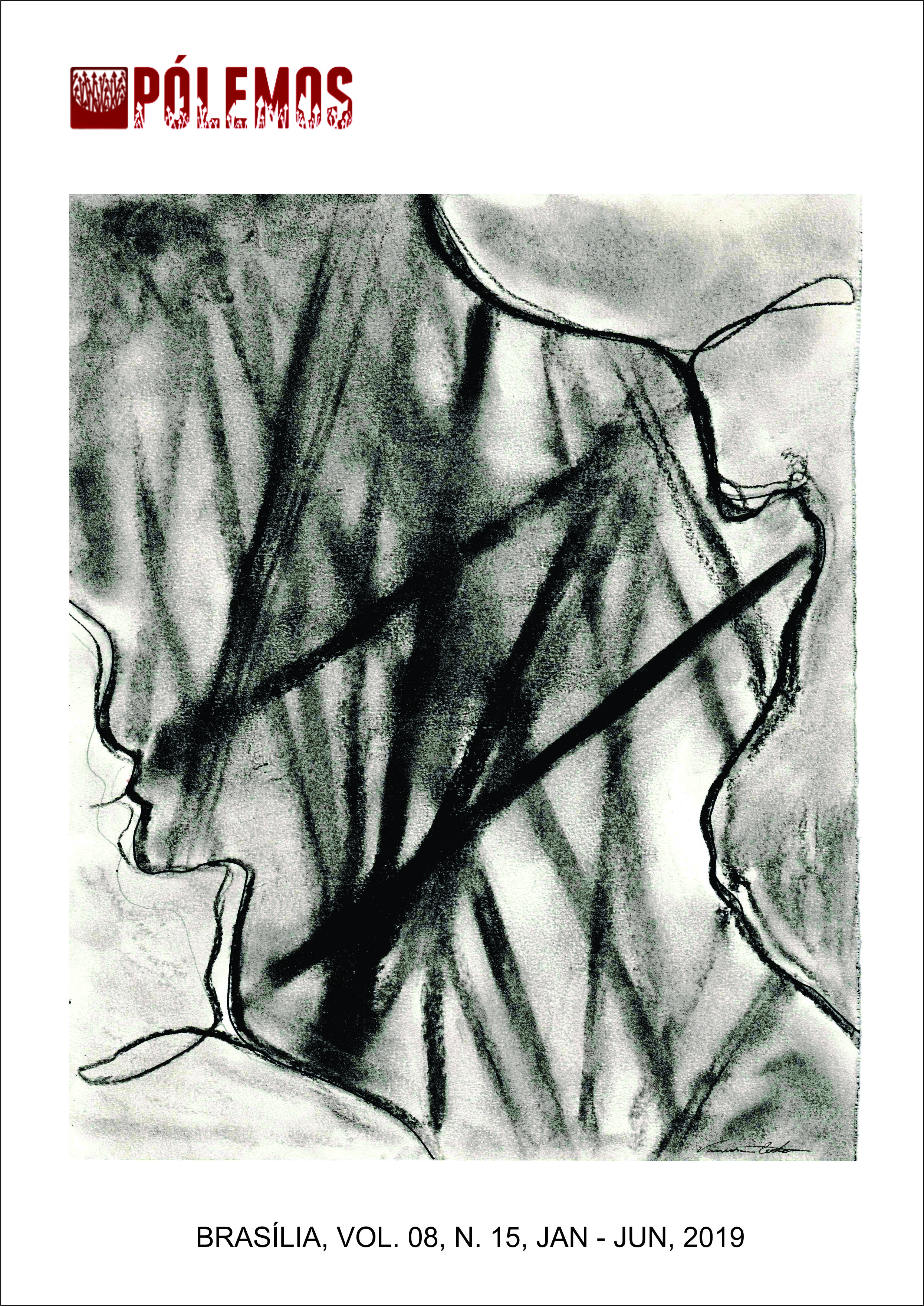AUTOCONHECIMENTO E AS POSSÍVEIS CONSEQUÊNCIAS MORAIS
DOI:
https://doi.org/10.26512/pl.v8i15.23183Palavras-chave:
Autoconhecimento. Estados mentais. Teoria moral kantiana.Resumo
Somos sujeitos dotados de consciência. Para tanto temos de possuir autoconsciência para que a consciência possa existir. Dessa forma, há a possibilidade de autoconhecimento dos próprios estados mentais. Assim, o artigo visa investigar acerca da possibilidade do autoconhecimento dos próprios estados mentais, sua aplicabilidade e consequências com relação à teoria moral kantiana. Para tanto, se reflete sobre como ocorre o autoconhecimento dos próprios estados mentais e as caraterísticas da teoria moral kantiana. Por fim, se verifica a possibilidade de ocorrer a responsabilidade moral sobre os próprios estados mentais relacionados com a moral kantiana e com o método do autoconhecimento da própria ação do agente moral.
Downloads
Referências
CARRUTHERS, Peter. The Opacity of Mind: An Integrative Theory of Self-Knowledge. Oxford University Press: University of Oxford, 2011.
EVANS, Gareth. The Varieties of Reference. Ed. John McDowell. Oxford: Oxford University Press, 1982.
GERTLER, B. Self-Knowledge and Rational Agency: ADefense of Empiricis. In: Philosophy and Phenomenological Research. University of Virginia: Philosophy and Phenomenological Research, LLC, 2016.
JAMES, William. The Principles of Psychology. Harvard: University Press. 1890/ 1983.
KANT, Immanuel. Crítica da razão pura. 8ª Ed. Tradução de Manoela P. dos Santos. Fundação Calouste Gulbenkian: Lisboa, 2013.
KANT, Immanuel. Fundamentação da Metafísica dos Costumes. Edições 70: Lisboa, 2007.
KONDER, Leandro. O que é dialética. Col. Primerios passos. SP: Brasiliense, 2008.
LOCKE, John. An Essay Concerning Human Understanding. Pennsylvania: Pennsylvania State University, 1999. Disponível em: <ftp://ftp.dca.fee.unicamp.br/pub/docs/ia005/humanund.pdf>. Acessado em 28 de novembro de 2016.
MCDOWELL, John. Mente e mundo. São Paulo: Idéias & Letras, 2005.
MEDEIROS, Eduardo Vicentini de. Teorias da Introspecção e psicologia moral. Dissertação de Mestrado. Porto Alegre: UFRGS, 2013.
MORAN, Richard. Authority and estrangement ”“ an essay on self-knowledge.P rinceton: Princeton Unversity Express and Oxford, 2001.
OLIVEIRA, Guilherme S. Estados mentais e atitudes proposicionais: Abordagens filosóficas da psicologia do senso comum.Dissertação Mestrado. São Paulo: USP, 2014.
RUSSELL, Bertrand. The Philosophy of Logical Atomism. In: Logic and Knowledge; Essays 1901-1950.London and New York: Routledge, 2009. Disponível em: <https://sites.ualberta.ca/~francisp/NewPhil448/RussellPhilLogicalAtomismPears.pdf>. Acessado em 25 de novembro de 2016.
SCHWITZGEBEL, Eric. The Stanford Encyclopedia of Philosophy: "Belief". Edward N. Zalta (ed.). Califórnia: Stanford University, 2015. Disponível em: <http://plato.stanford.edu/archives/sum2015/entries/belief/>. Acessado em 27 de novembro de 2016.
SILVA FILHO, Waldomiro. Sem ideias claras e distintas. Salvador: EDUFBA, 2013.
VÁZQUEZ, A. S. Ética. Rio de janeiro: Civilização brasileira, 1996.
Downloads
Publicado
Como Citar
Edição
Seção
Licença
Copyright (c) 2019 PÓLEMOS ”“ Revista de Estudantes de Filosofia da Universidade de Brasília

Este trabalho está licenciado sob uma licença Creative Commons Attribution-NonCommercial-NoDerivatives 4.0 International License.
Todos os trabalhos que forem aceitos para publicação, após o devido processo avaliativo, serão publicados sob uma licença Creative Commons, na modalidade Attribution-NonCommercial-NoDerivatives 4.0 International Public License (CC BY-NC-ND 4.0). Esta licença permite que qualquer pessoa copie e distribua a obra total e derivadas criadas a partir dela, desde que seja dado crédito (atribuição) ao autor / Ã autora / aos autores / às autoras.


